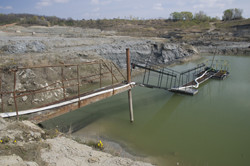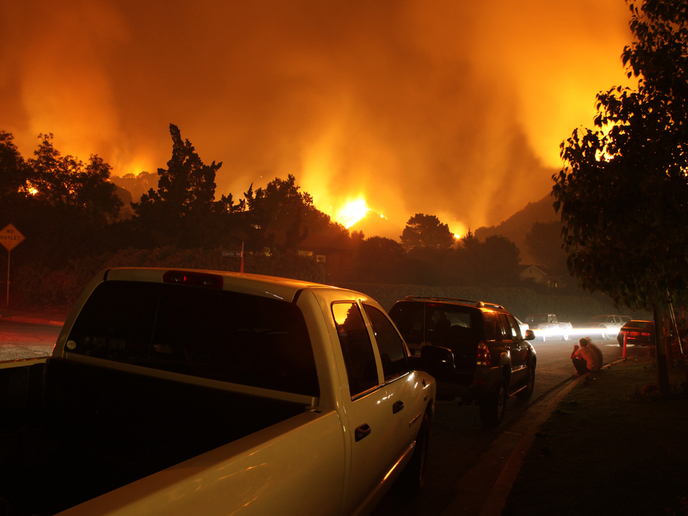Environmental injustice and conflict confronted through broad collaboration
Global sustainability requires a strong network of stakeholders, from citizens and researchers to governments and environmental organisations. The EU-funded EJOLT(opens in new window) (Environmental justice organizations, liabilities and trade) project gathered various stakeholder groups together in order to support civil society organisations that are active in environmental justice issues. Overall, the aim was to avoid environmental liabilities or ecological debts by promoting research in sustainability-related sciences. EJOLT documented cases of environmental conflict that relate to resource extraction and waste disposal in many countries. It also mapped environmental injustices. To date, over 1 600 injustice case studies have been made available via an online platform on the project website. An interactive database of thematic and regional maps was created that covers ecological distribution conflicts worldwide, and enables searching and filtering across 100 fields. It serves as a platform for EJOs and scientists who work on related issues to communicate with each other. It is also a reference for scientists, journalists, teachers and activists, and a virtual space for information, networking and knowledge sharing among activists, communities and the public. The database now has a dedicated website(opens in new window). Six workshops involving both EJOs and researchers led to 23 reports and 15 scientific papers that deal with a broad range of themes. These mainly include nuclear energy, oil, gas and climate justice, biomass and land conflicts, and mining, shipbreaking and other industrial waste. Academic articles on the “ecological debt” and “ecologically unequal trade” have been published. Dissemination and training materials were made available for various stakeholders, including journalists, environmental activists, and industry and government representatives. Public events, talks, academic conferences and civil society events were held. Five documentary films and 12 policy briefs were created. Three online courses were conducted with about 100 student participants. A glossary that explains key environmental justice concepts in plain language was updated and enlarged. Ecological distribution issues took centre stage in EJOLT in an effort to reverse unequal environmental burdens.







